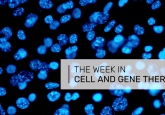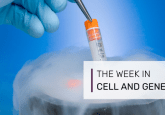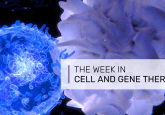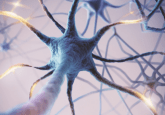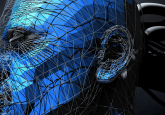Artificial intelligence approach diversifies AAV vectors for gene therapy
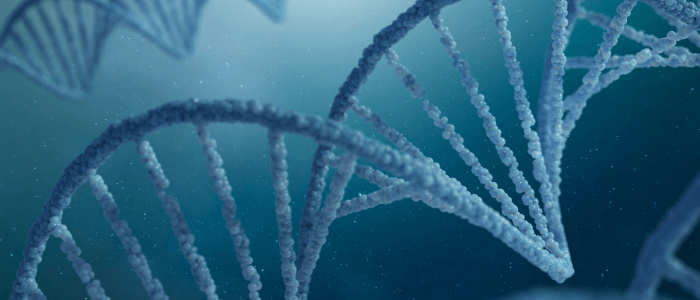
Adeno-associated viruses (AAVs) are widely regarded as a promising means of delivering gene therapies to defective tissues in the human body, yet there is still a way to go before they can meet their full potential as effective gene delivery products. To this end, researchers at Dyno Therapeutics have collaborated with Google Research, Harvard’s Wyss Institute and Harvard Medical School (all MA, USA) to employ a machine-learning approach that generates a diverse range of AAV capsids. The study, published in Nature Biotechnology, demonstrates the utility of this approach in identifying potential functional variants capable of evading the immune system and...
